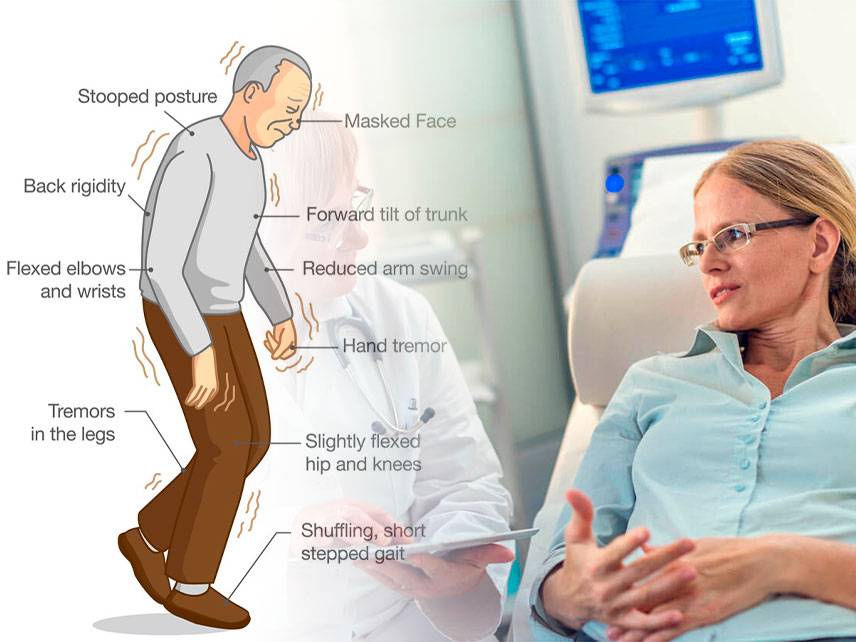Parkinson's disease is a neurological disorder that affects movement and coordination, and is the second most common chronic degenerative disorder in the world. It is a progressive disorder that can cause tremors, difficulty with balance and coordination, stiffness, and other motor and non-motor symptoms. While there is no cure for Parkinson's, there are treatment options and coping strategies available to help manage the symptoms.
Signs and Symptoms
Parkinson's disease can manifest in a variety of ways, and the symptoms vary from person to person. Common symptoms include tremors, rigidity or stiffness of the limbs, difficulty with balance and coordination, slow movement (bradykinesia), and difficulty speaking or swallowing. In addition, people with Parkinson's may experience cognitive changes, depression, sleep disturbances, and other non-motor symptoms.
Causes and Risk Factors
The exact cause of Parkinson's disease is unknown, but experts believe it is caused by a combination of environmental and genetic factors. The main risk factor for Parkinson's is age, as the majority of people diagnosed with the condition are over the age of 50. Other risk factors include family history, exposure to certain toxins or chemicals, and certain medical conditions.
Prevention
There is no known way to prevent Parkinson's disease, but there are steps you can take to reduce your risk. For example, avoiding exposure to toxins or chemicals, exercising regularly, eating a healthy diet, and not smoking can all help reduce the risk of developing the condition.
Diagnosis
Parkinson's disease is diagnosed based on a physical examination, a review of medical history, and neurological tests. In some cases, imaging tests such as an MRI or CT scan may be used to help diagnose the condition.
Treatment
There is no cure for Parkinson's disease, but there are treatment options available to help manage the symptoms. Treatment options may include medications, physical therapy, occupational therapy, speech therapy, and surgery.
Coping and Support
Living with Parkinson's can be difficult, but there are coping strategies and support available. For example, joining a support group can be a great way to connect with others who are also living with the condition. It can also be beneficial to practice stress management techniques, such as yoga or meditation. Additionally, counseling and therapy can be beneficial for managing emotions.
Complications
Parkinson's can lead to a number of complications, such as difficulty speaking or swallowing, falls, dementia, depression, and other physical and mental health issues.
Living with Parkinson's
Living with Parkinson's can be challenging, but there are ways to manage the symptoms and improve quality of life. It is important to stay informed and seek support from family, friends, and healthcare professionals. Additionally, maintaining a healthy lifestyle, such as exercising regularly, eating a balanced diet, and getting enough sleep can help manage symptoms and prevent complications.





